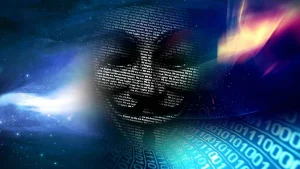The dark web has long been a source of controversy, mystery, and misinformation. Often associated with illegal activities such as drug trafficking, cybercrime, and weapons sales, it is frequently portrayed as a lawless digital underworld. This reputation has led many to ask: should the dark web be erased entirely? However, this question overlooks a crucial reality—beneath its sinister surface lies a platform that also enables privacy, free speech, and resistance to censorship.
At its core, the dark web is a segment of the internet that is not indexed by traditional search engines and requires specific software—most commonly Tor—to access. The URLs that populate this space, known as “.onion” addresses, are intentionally hidden to preserve user anonymity. While some exploit this anonymity for criminal purposes, others use it for noble reasons. Journalists, whistleblowers, political dissidents, and people living under oppressive regimes often rely on the dark web to communicate safely and bypass state surveillance. In this context, the dark web serves as a crucial tool for digital freedom.
Erasing the dark web would not only be a monumental technical challenge, but it could also create collateral damage by silencing voices that need protection the most. Instead of blanket condemnation, a more balanced approach is needed. This includes distinguishing between harmful and legitimate use cases, improving law enforcement techniques for tracking illicit behavior, and investing in public education about privacy and cybersecurity.
Protecting the dark web does not mean condoning its misuse. It means recognizing its dual nature and defending the foundational values of privacy and free expression in the digital age. Erasing it may satisfy a desire for control, but protecting it might be essential for preserving human rights in an increasingly monitored world.

